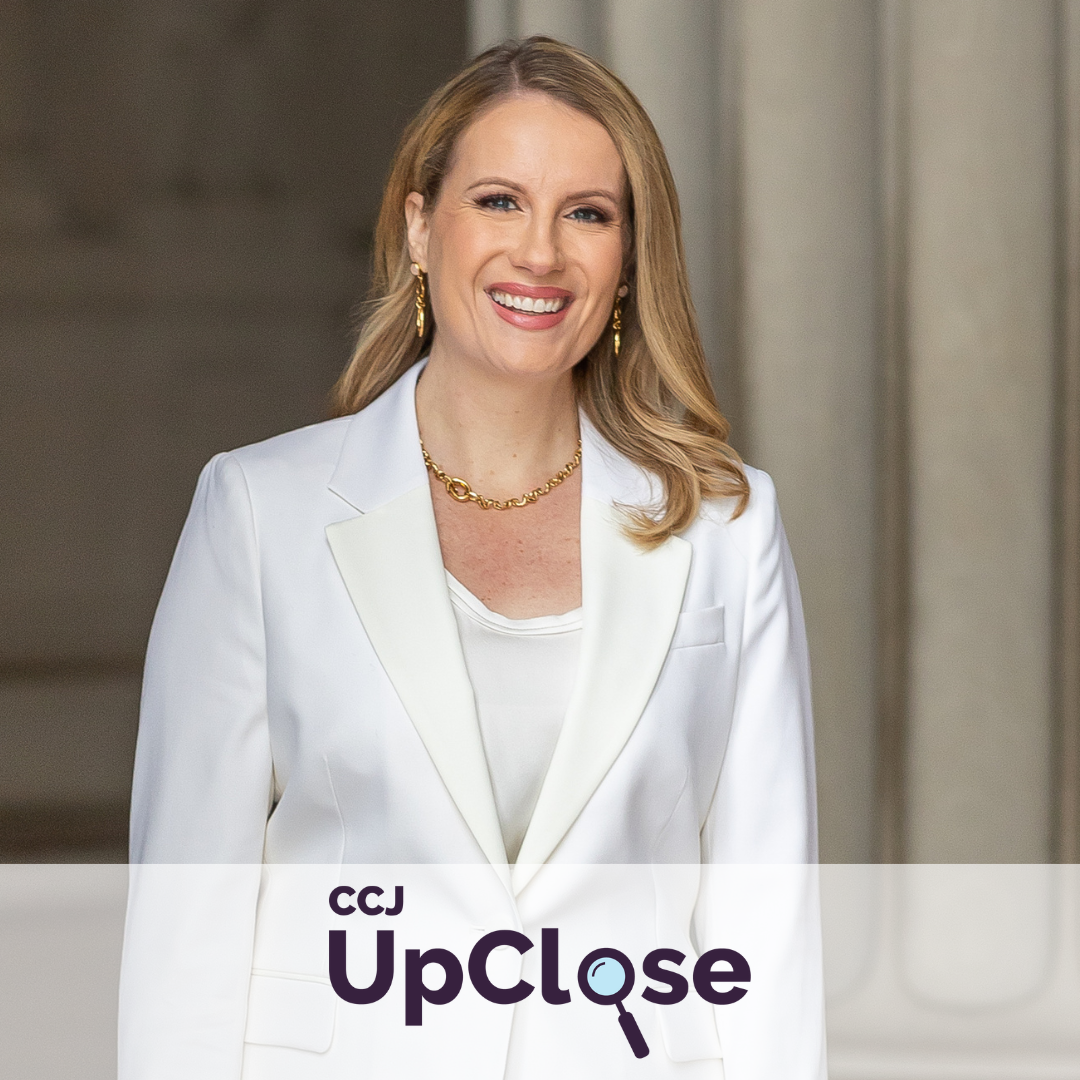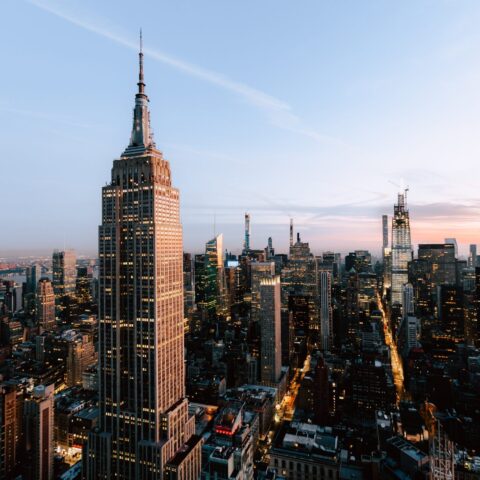5:00 a.m. ET, April 6, 2020
Contact: Jenifer Warren
jwarren@counciloncj.org
916-217-0780
America’s public safety professionals too often operate in a state of near perpetual crisis. Overcrowded cellblocks. Packed court dockets. Tension and distrust between law enforcement and communities. All told, more than seven million people are under some form of correctional control—one in every 38 adults. In too many places, it’s a powder keg on a normal day, and COVID-19 has made life anything but normal.
While this year’s coronavirus is Exhibit A, the line between public safety and public health has, in fact, been blurry for decades. Prison directors run virtual nursing homes for incarcerated people who are elderly and sick. Jailers are some of the nation’s largest providers of mental health services. Police, prosecutors and judges work on the front lines of the opioid crisis, and homelessness too. The list goes on and on.
A crisis demands that people and institutions change their behavior, and that’s what we expect policymakers and criminal justice leaders to do now—what we need them to do. The way we adapt to this emergency will influence our society and criminal justice system for generations. It could reshape our crime and punishment policy choices, especially those that have pushed so many health issues into the realm of criminal justice, or it could harden fears, prejudices and biases—and erode progress underway on sentencing and second chances.
One thing is certain: the COVID-19 pandemic illustrates the urgent need to ground our responses in facts and research. In the past few weeks, professional and advocacy organizations have produced dozens if not hundreds of recommendations for action—many of them impressively comprehensive and creative. It’s essential that we track their impact and learn what’s working in real time. Lives will depend on it.
The Council on Criminal Justice will facilitate the exchange of information and ideas though a series of video panels featuring Council leaders and members grappling with the crisis. Our focus will be on issues that cut across sectors of the field and on key questions: What are the most important steps they have taken so far? What are the biggest obstacles they face? What are the new or modified policies and practices that should remain after the outbreak subsides? The series will take place over the next several weeks, with updates on registration and upcoming panels on our COVID-19 homepage.
It’s hard to see silver linings down the road when the immediate outlook is so bleak. But this pandemic will abate. When it does, we must draw on our collective experience to consider what we may have learned about new ways of doing criminal justice business and recommit to a system that protects the public and delivers justice for all.




